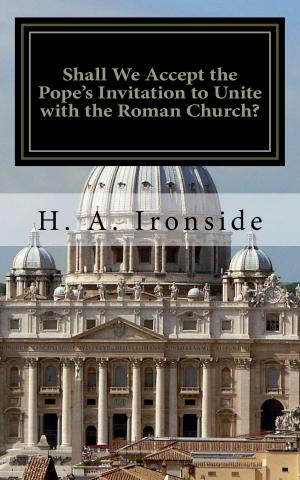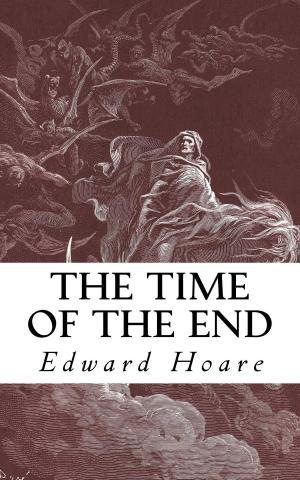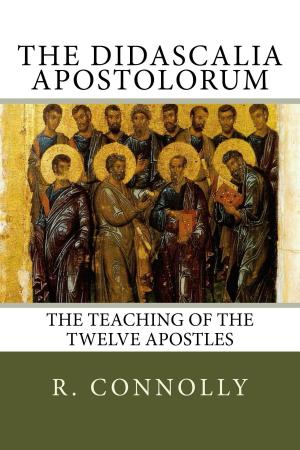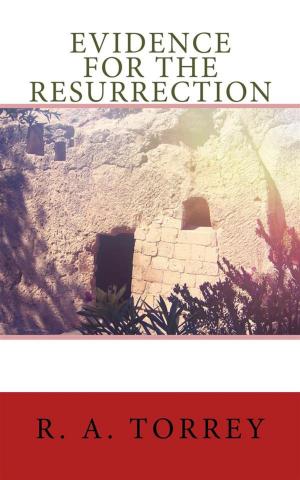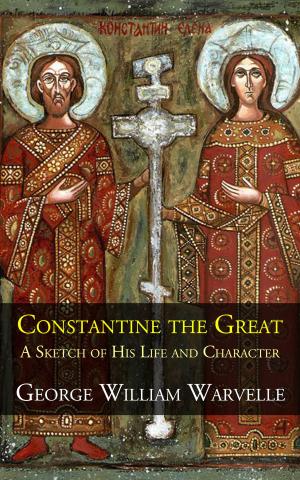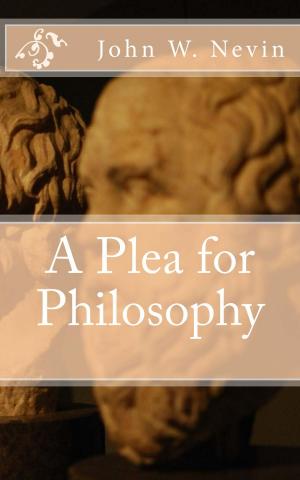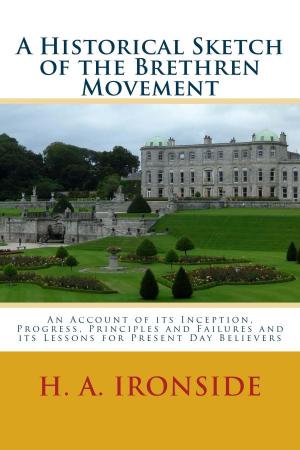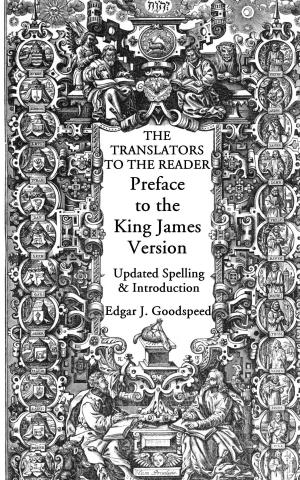The Biography of William Tyndale
Nonfiction, Religion & Spirituality, Christianity, Church, Church History, Biography & Memoir, Religious, General Christianity| Author: | Henry Walter | ISBN: | 1230001932232 |
| Publisher: | CrossReach Publications | Publication: | September 25, 2017 |
| Imprint: | Language: | English |
| Author: | Henry Walter |
| ISBN: | 1230001932232 |
| Publisher: | CrossReach Publications |
| Publication: | September 25, 2017 |
| Imprint: | |
| Language: | English |
William Tyndale, the man chosen of God to be one of his chief instruments in the blessed work of restoring the knowledge of the way of salvation amongst the inhabitants of our island, was fitted for this work by being endowed with such ability and learning as enabled him to lay the foundation of our authorised version of the scriptures; and his life was not taken away till he had more than half completed that English Bible, which has been one of God’s best gifts to the nations speaking the English tongue.
There are probable, though not indisputable, grounds for believing, that he was descended from forefathers who were barons of Tyndale in Northumberland, till their title passed by an heiress into the family of Bolteby, in the thirteenth century, and eventually to the Percies. This descent is unhesitatingly claimed for himself by a Thomas Tyndale, of Kington St Michael, near Calne, in a letter written, February 3rd, 1663, to a namesake, whom he addresses as his cousin, and whose father was a grandson of the reformer’s elder brother. “The first of your family,” says the letter-writer, “came out of the north, in the times of the wars between the houses of York and Lancaster, at what time many of good sort (their side going down) did fly for refuge where they could find it. Coming into Glocestershire, and changing his name to that of Hutchins, he afterwards married there, and so having children he did, before his death, declare his right name, and from whence, and upon what subject he came thither; and so taking his own name, did leave it unto his 1517. Of his removal into Glocestershire we can say with more precision that its date could not have been earlier than 1520, when he was about thirty-four years of age; and that the person who had the sagacity to select him for the instruction of his children, was sir John Walsh, at one time an acceptable frequenter of the court, but now living as a country gentleman in his manor-house at Little Sodbury.
William Tyndale, the man chosen of God to be one of his chief instruments in the blessed work of restoring the knowledge of the way of salvation amongst the inhabitants of our island, was fitted for this work by being endowed with such ability and learning as enabled him to lay the foundation of our authorised version of the scriptures; and his life was not taken away till he had more than half completed that English Bible, which has been one of God’s best gifts to the nations speaking the English tongue.
There are probable, though not indisputable, grounds for believing, that he was descended from forefathers who were barons of Tyndale in Northumberland, till their title passed by an heiress into the family of Bolteby, in the thirteenth century, and eventually to the Percies. This descent is unhesitatingly claimed for himself by a Thomas Tyndale, of Kington St Michael, near Calne, in a letter written, February 3rd, 1663, to a namesake, whom he addresses as his cousin, and whose father was a grandson of the reformer’s elder brother. “The first of your family,” says the letter-writer, “came out of the north, in the times of the wars between the houses of York and Lancaster, at what time many of good sort (their side going down) did fly for refuge where they could find it. Coming into Glocestershire, and changing his name to that of Hutchins, he afterwards married there, and so having children he did, before his death, declare his right name, and from whence, and upon what subject he came thither; and so taking his own name, did leave it unto his 1517. Of his removal into Glocestershire we can say with more precision that its date could not have been earlier than 1520, when he was about thirty-four years of age; and that the person who had the sagacity to select him for the instruction of his children, was sir John Walsh, at one time an acceptable frequenter of the court, but now living as a country gentleman in his manor-house at Little Sodbury.

